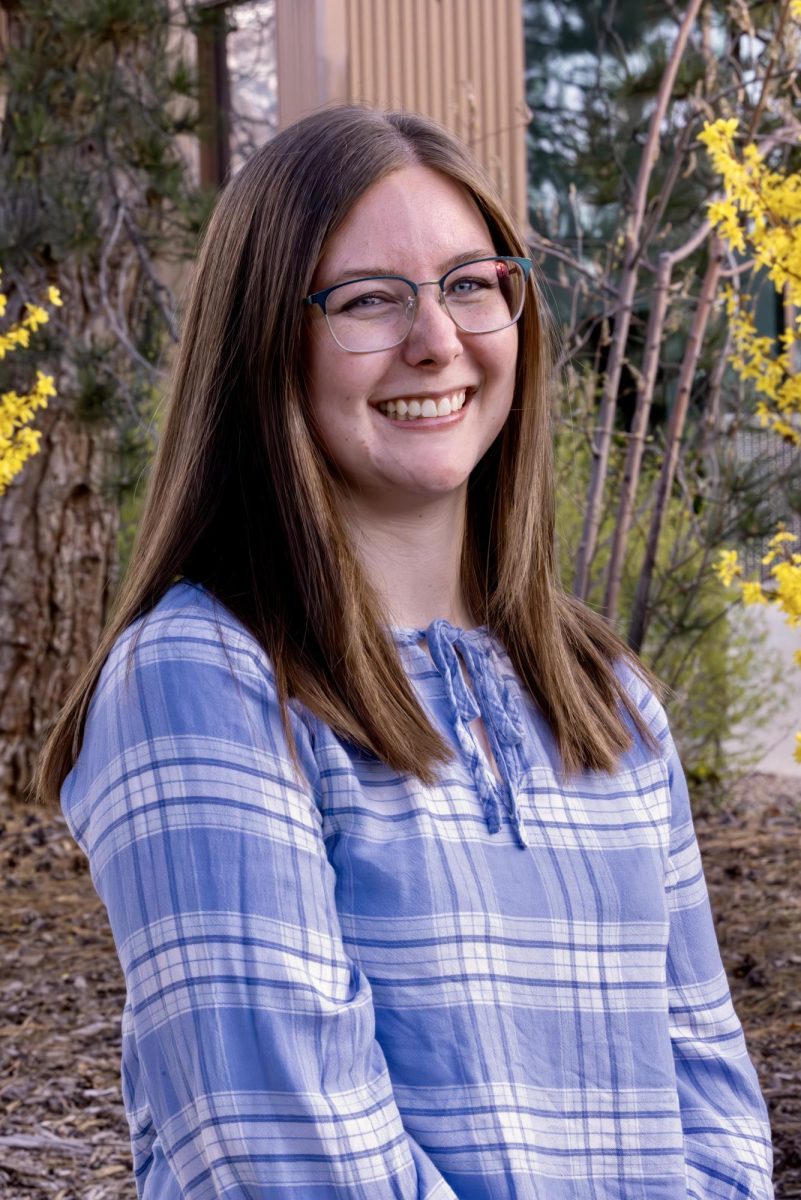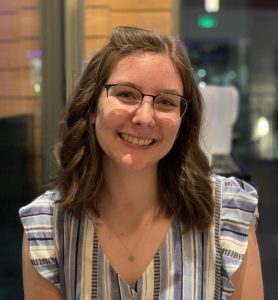The world has thrown a lot at me during my time at the University of Utah. A pandemic and a second chronic illness made organic chemistry even more impossible and forced me to reevaluate the career path I dreamed up at the ripe old age of 14. I made the decision to take a fifth year to spread out my remaining biology credits and pursue my two new loves: evolutionary anthropology and the Daily Utah Chronicle. Taking a fifth year was scary, disappointing and frustrating, but nearly failing O Chem II has become one of the luckiest things to ever happen to me.
The more time I spend in biology classrooms, the more I’m convinced that the most groundbreaking science happens by pure chance. As professors explain the Nobel Prize-winning experiments that have shaped modern society, they talk about hard work, innovation and elegant experimental design. But they only ever briefly touch on what seems like the most important ingredient: luck.
Think of Gregor Mendel. His experiments and observations about the genetics of pea plants are a cornerstone of modern biology. But if he’d chosen almost any other plant, like snapdragons or soybeans, their more complex inheritance systems would have been impossible to understand. James Watson and Francis Crick were in the right place at the right time, finding Rosalind Franklin’s x-ray diffractions of DNA and revealing that elusive double-helical structure. Alexander Fleming’s forgotten petri dish happened to grow a mold that could kill the most dangerous bacteria of the era. And Friedrich Kekulé had a dream about a snake eating its own tail and realized benzene must have a ring structure, unlocking a whole new world of chemistry.
My Nobel-level luck was stumbling upon an application for the Daily Utah Chronicle. I joined the copy desk on a whim in December 2020, looking for a way to fill the endless hours of quarantine. I never thought I’d call a pandemic a stroke of luck, but the boredom and isolation it imposed brought me to the place I now call home. I didn’t expect the meticulous fact-checking to bring me this community of teammates-turned-friends who are constantly teaching me, supporting me and challenging me.
That fateful day when I accepted a position as a copy editor cascaded into opportunities, accomplishments and enthusiasm and a year later, I jumped at the chance to move up to copy director. My 18 months in that role connected me to even more experiences and people. Between writing my first article and attending conferences, I expanded my understanding of journalism and what it means to be a leader. At the end of my term as copy director, the start of that dreaded fifth year, I felt so lucky to be selected to lead as Editor-in-Chief.
Editor-in-Chief is a lot of things. It’s at least 50 emails and 100 Teams notifications a day. It’s sometimes angry comments from incensed readers and overwhelming meetings with intimidating lawyers. But it’s also over 1,000 stories reporting, investigating and opining on campus conflict and the legislative session or celebrating the U’s vibrant arts programs and incredible women’s basketball, gymnastics and softball teams. It’s nine print issues featuring poignant stories and beautiful graphic design. It’s a team of three wonderful Managing Editors and 14 extraordinary Desk Editors and Assistant Editors.
To my Managing Editors, thank you so much for keeping me grounded and putting up with my perfectionism during prod squad. To my Desk Editors, thank you for doing a fantastic job leading your teams and building a culture of excellence. And to my support desk directors (Copy, Photo, Design and Social Media), thank you for keeping the Chrony running and looking its best. I couldn’t have made it through this year without the immense talent, dedication and encouragement of each of you.
College was harder than I expected. But taking a fifth year wasn’t the end of the world. All the things that could go right this year did. Not without some hard work — we’ve all worked tirelessly to make this year great. But I’m certainly not going to discount the luck required to form such a thoughtful and dedicated team.
Through all of the hard times of college, the Chrony has been a constant positive. The countless hours I’ve spent in the student media office, agonizing over page counts, coordinating coverage or just escaping the rest of the world have been some of the greatest of my life.
I guess I have to wait and see if I’ll have another Nobel–worthy stroke of luck, but I don’t think I need it — the opportunity to lead the Chrony has been the greatest prize I could win.




